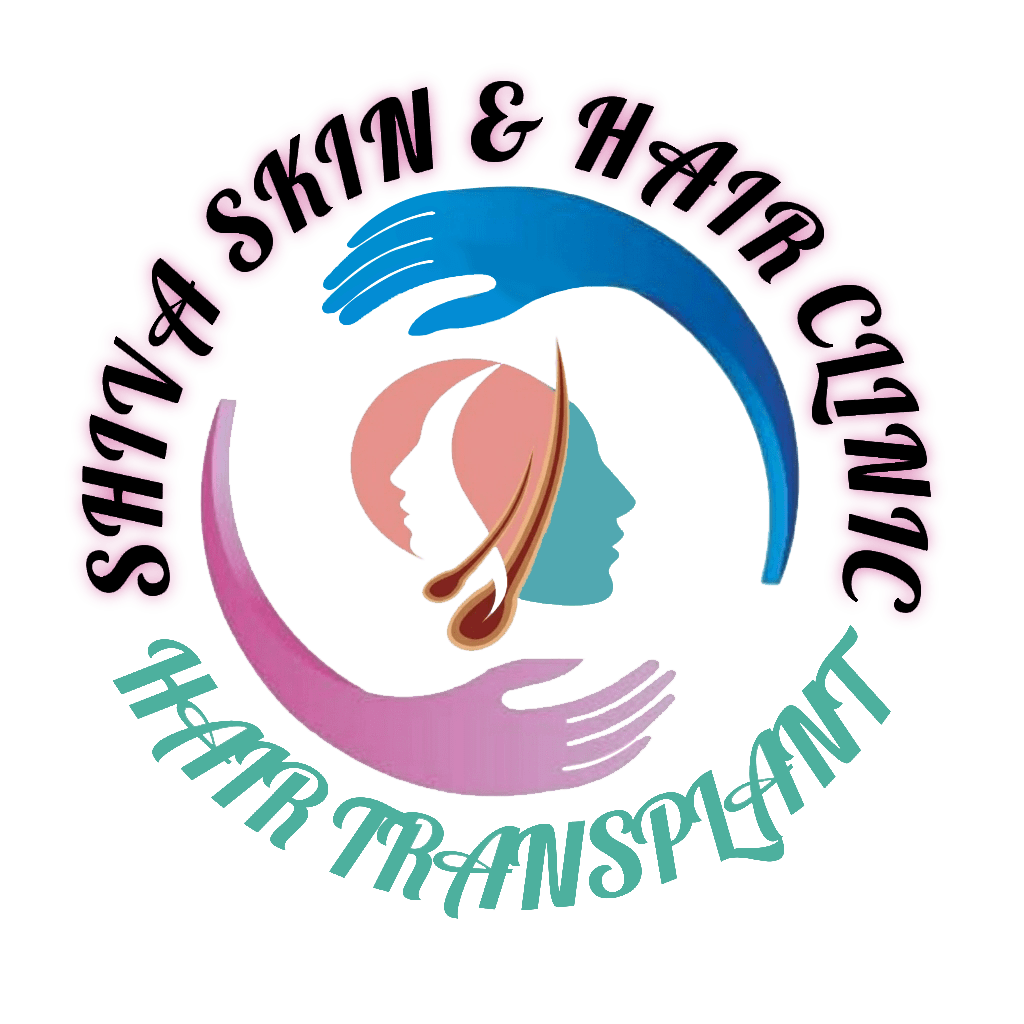Acne Treatment
Skin Treatments
Other Treatments
Have Any Question?
In case you wish to avail of the services from Dr. Shailesh Singh you could contact him via the following means
Request a Call Back

What is acne ?
Acne (pimples) is an inflammatory skin disease, primarily involving sebaceous glands: affecting the face, but can also occur on the arms, back and chest.
How dose one get acne?
There are 4 events in causation:
- Excess sebum (oil) in the skin: the oil producing glands in the skin are stimulated by hormones after puberty to produce more sebum.
- Clogged pores (pilosebaceous unit) : the dead cells, bacteria and sebum form a plug at the outlet of the pilosebaceous follicle and appear as black heads (open comedones) if the plug remains below the surface it appears as white heads (closed comedones)
- Bacteria (P. acne) :the bacteria caused inflammation in the pilosebaceous unit. P.acne also initiates comedone formation.
- Inflammation : this leads to formation of large solids bumps, pustules and fluid filled cavity caused cyst.
How does acne get aggrevated (factors aggrevating acne)?
- Genetics factors: the type and severity of acne a person gets is influenced by his genes i.e. , when a person suffer from severe acne it is often found that either or both parent had a similar problem in their childhood.
- Pre-menstrual aggrevation are commonaly seen. Though hormonal factor are implicated , it is peripheral heightended sensitivity that cause acne.
- Use of cosmetics (oil based) , scrubs can aggrevate acne.
- A sudden bout of acne following facial, clean-up, bleaching etc. is common.
- Sometimes multiple cysts in the ovaries called polycystic ovarian syndrome can caused acne in addition to irregular cycle, weight gain and hair loss on the scalp and excessive hair on the face.
- Certain drugs like steroid, antitubercular medicines (isoniazide), antiepileptics (phenobarbitone) can cause acne like eruption.
- Abuse of topical steroid cream on the face often promoted as fairness creams can cause adverse effects including acne.
- Acne can persists or appear postadolescence. It may be associated with other sign such as hair loss on the scalp and excessive hair on the face.
- Diet is an important factor in aggrevating acne. Acne is not caused by specific foods but certain food may make some people acne worse. High caloric(glycemic) foods such as pastries and sweets and dairy product like cheese, paneer,butter & ghee can trigger or worsen the existing acne. Whey protein, used by adults engaged in body-building sports is also implicated in aggrevation of acne. Healthy food habits, fresh vegetables and fruits and lots of water help in maintaining healthy skin.
- Emotional and physical stress an also aggrevates acne.
- Dandruff and acne often co-exist
FAQ on Acne Treatment
- Acne usually start at pubarty and mainly affects the teens and young adults. But, acne can occur at any age. It generally subsides in mid 20’s. sometimes acne extend beyond 25 years or may start a fresh when it is called adult or late-onset acne.
- Acne can affect both males and females, it tends to be more severe in males
- Acne lesions commonaly occur on the face, but can be seen on the arms, chest, back and buttocks.
- The skin lesion in acne include comedones( black heads and white heads) ,red raised lesion , pus-filled lesion or painfull swelling. Based on the predominant type of lesion, the dermatologist grades acne as mild, moderate or severe.
- Acne can be successfully treated at any point of time in the disease timeline, however consulting a dermatologist early in the course of disease can also prevent post acne scarring.
- Wash the face 3-4 times daily with preferably soap-free cleansers and water.
- The scalp should be cleansed 2-3 times weekly to prevent and removed dandruff.
- Avoid all greasy cosmetic on the face. Look for a ‘non comedogenic’ cosmetic which is safer in acne prone skin.
- Do not squeeze or pick the pimples. It can cause scarring.
The medication include topical medication ( applied to the skin) or systematic (which is taken internally).
- Topical treatment include benzoyl peroxide, retinoids, azelaic acid, antibiotic creams, etc. topical treatment can cause initial irritation or dryness or aggrevation of acne. Hence this shoud be cautiously used an continued as per the dermatologist recommendation.
- Systemic treatment includes:
antibiotics- azithromycin, doxycycline, minocycline & tetracycline.
Retinoids- isotretinoin.
Hormonal therapy- oral contraceptive pills, anti-androgen
- Most patients may require a combination of both therapies
- Some patient may also require chemical peel, laser and other technologies for faster and effective treatment.
- Your dermatologist will decide & advice you on the appropriate medication after assessing your codition.
- It is always better to prevent scar by early & proper treatment of severe acne.
- Chemical peels such as glycolic acid & salicylic acid peels may be helpful for your marks
- Dermatologists treat the scars by various methods such as microdermabrasion, dermaroller, laser and subcision.
- Keloidal scars may need intralesional injections or cryotherapy.
- Acne can clear completely, however it can recur at time. Any of the aggrevating factors such as hormonal triggers, cosmetic use, emotional stress, topical steroid application, systemic medicine, dietary factors may play a role in the recurrence.
- Acne may resolve or subside over time. However, it may not clear on its own and may produce pus-filled lesions and large swelling which may leave permanent disfiguring scars, if let untreated.
- Acne often causes poor self-image, depression & anxiety.
- The therapy recommendation and counselling by your dermatologist will help in easing the physical and psychological scarring caused by the disease.
Sequence of events in acne- illustrative representation

